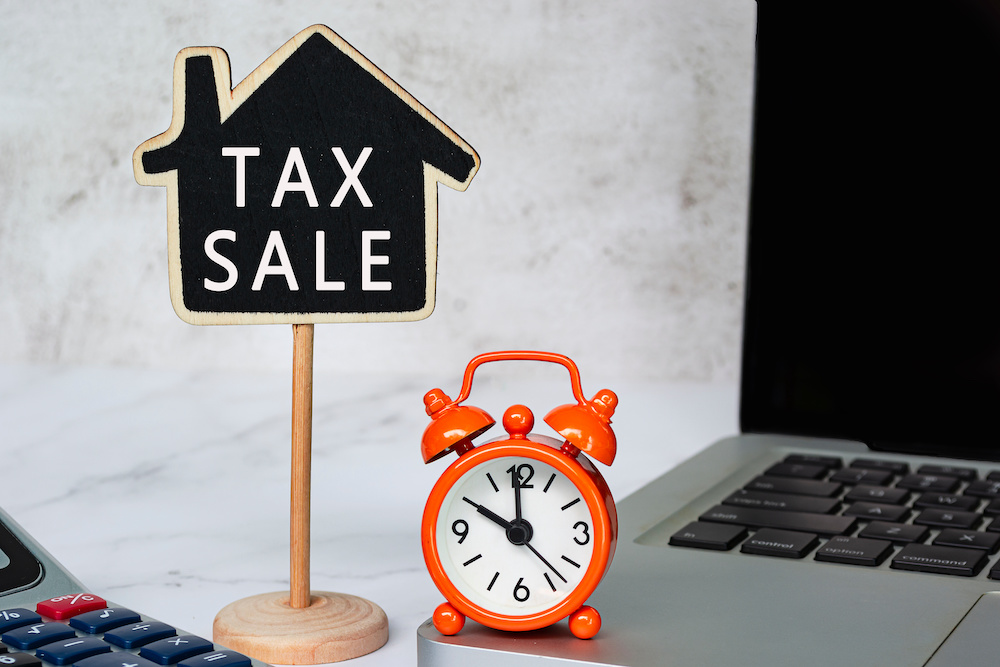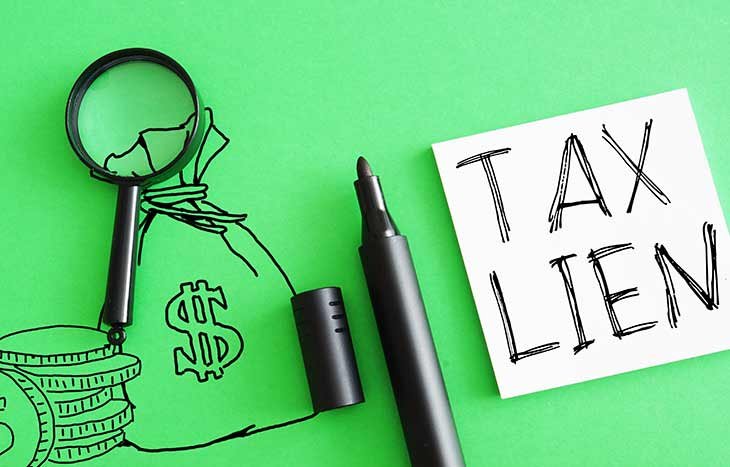What Is A Tax Lien?
Before diving into the specifics of tax lien investing, it’s crucial to understand what a tax lien actually is. A tax lien is a legal claim imposed by a government entity on a property when the owner fails to pay property taxes. It’s a way for the government to ensure that it collects the required tax revenue. Tax liens are attached to the property, not the individual, meaning the lien stays with the property regardless of ownership changes until the debt is cleared.
Table of Contents

What Is Tax Lien Investing?
Tax lien investing is a type of real estate investment that involves purchasing these liens from the government. When you invest in a tax lien, you’re essentially paying someone else’s tax debt. In return, you gain the right to collect the debt, plus interest, from the property owner. If the owner fails to pay within a specified period, you might even have the opportunity to foreclose on the property.
How Does Tax Lien Investing Work?
The process of tax lien investing typically begins when a property owner fails to pay their taxes. The local government then places a lien on the property and may eventually auction off these liens to investors. As an investor, you can purchase these liens, paying the owed taxes. In return, you receive the right to collect the tax debt plus interest from the property owner. This interest rate can vary, but it is often higher than traditional savings accounts or bonds, making tax lien investing potentially lucrative.
Tax Lien Investing Pros And Cons
Tax lien investing can be a lucrative venture, but like any investment, it comes with its own set of advantages and disadvantages. It’s essential to carefully weigh these before diving in.
Tax Lien Investing Pros
- Low capital requirement: Tax lien certificate investing offers a much lower capital requirement when compared to other forms of investing—it’s possible to jump into this asset class for as little as a couple hundred dollars.
- Attractive Returns: One of the most significant draws of tax lien investing is the potential for high returns. The interest rates on tax liens are often much higher than traditional savings accounts or bonds, providing an appealing option for investors seeking better yields.
- Property Acquisition Opportunity: In some cases, if the property owner fails to pay the tax debt, the investor may have the chance to foreclose on the property. This can potentially lead to acquiring a property at a fraction of its market value.
- Priority Claim: A tax lien often takes priority over other liens or mortgages. This means if the property goes into foreclosure, tax lien holders are typically paid before other creditors.
- Diversification: Investing in tax liens can diversify your investment portfolio. It’s a different asset class that doesn’t directly correlate with the stock market, offering a buffer during market fluctuations.
Tax Lien Investing Cons
- Risk of Property Condition: The condition of properties with tax liens can be unpredictable. Some properties may require significant repairs or may be in poor locations, affecting their value and potential profitability.
- Possibility of subsequent liens: Even though tax lien investment requires very little up-front capital, they can (on occasion) require more capital as the process moves forward. This is because, as the initial lien holder, you will be required to purchase any subsequent liens. (New tax liens take precedence over old liens; sad but true.)
- Legal Complexities: Tax lien investing involves navigating legal procedures, especially if foreclosure becomes necessary. This can be daunting and may require legal assistance.
- Redemption Periods: Property owners typically have a redemption period during which they can pay off the tax debt and interest. This period can vary by location, and during this time, your capital is tied up without any returns.
- Competitive Auctions: Tax lien auctions can be highly competitive, especially for properties in desirable locations. This competition can drive up prices and potentially reduce overall returns.

How To Buy Tax Liens in 6 Steps
Investors interested in buying tax liens will need to learn how real estate auctions work. While these processes are not complicated, they can be surprising to new investors. If you are interested in getting started, review the following steps to buying tax liens:
- Learn About Tax Liens And Real Estate Auctions: Start by educating yourself about tax liens and how real estate auctions work. Understanding the legal and financial intricacies of tax lien investing is essential for success.
- Decide On A Target Area: Focus on a specific geographic area for your investments. Different areas may have different laws and potential returns, so choose wisely based on your research and investment goals.
- Scout Different Properties: Not all properties with tax liens are good investments. Assess the value and condition of different properties with liens to identify those with potential.
- Make A List And Bid On A Home: Once you’ve identified potential properties, make a list and prepare to bid at a tax lien auction. Remember, successful tax lien investing requires careful planning and a clear budget.
- Notify The Homeowners: After purchasing a tax lien, you must notify the homeowners. This step is crucial and must be done following legal requirements.
- Collect Your Money (Or Property): You’ll either collect the tax debt plus interest from the homeowner or, in some cases, you may end up acquiring the property if the debt remains unpaid.
Tax Lien Vs. Tax Deed Investing
While similar, tax liens and tax deeds have a different sale auction process. Tax deed investing means bidding on the property title at auction instead of a rate of return. When a person bids and wins at a tax deed auction, the tax deed is transferred to the winning bidder, and they receive ownership and interest of the property. If the state has a redemption period, the property owner can pay the delinquent taxes on the property and redeem their ownership. If the state does not have a redemption period, the winning bidder will receive the property, and any of the previous owner’s debts will be erased.
Tax lien sales occur within 36 states, and 31 states allow tax deed sales (some allow both). Before getting started, be sure to research the regulations of the area you are looking to buy in.
Summary
Tax lien investing offers a unique opportunity for potentially high returns and property acquisition. However, it’s not without its challenges, including property condition risks, legal complexities, and the need for substantial capital. As with any investment, it’s essential to conduct thorough research, understand the risks, and carefully consider whether tax lien investing aligns with your financial goals and risk tolerance.
The information presented is not intended to be used as the sole basis of any investment decisions, nor should it be construed as advice designed to meet the investment needs of any particular investor. Nothing provided shall constitute financial, tax, legal, or accounting advice or individually tailored investment advice. This information is for educational purposes only.


[…] Related Post – lien-investing-for-dummies […]
[…] ALSO READ – WHAT IS A TAX LIEN? […]
[…] Read Some – WHAT IS A TAX LIEN? […]